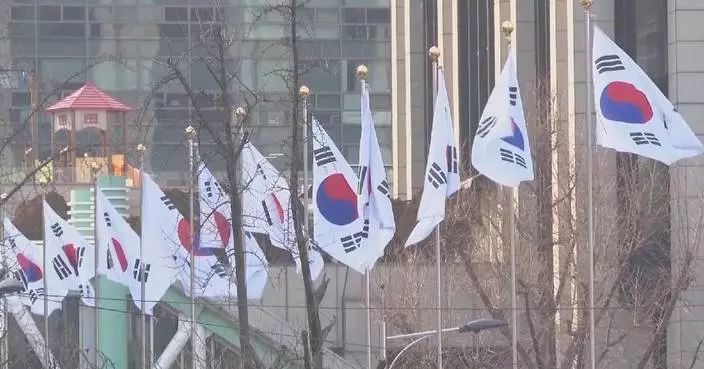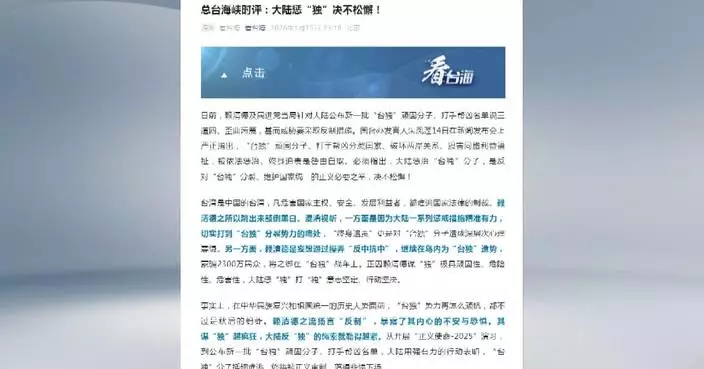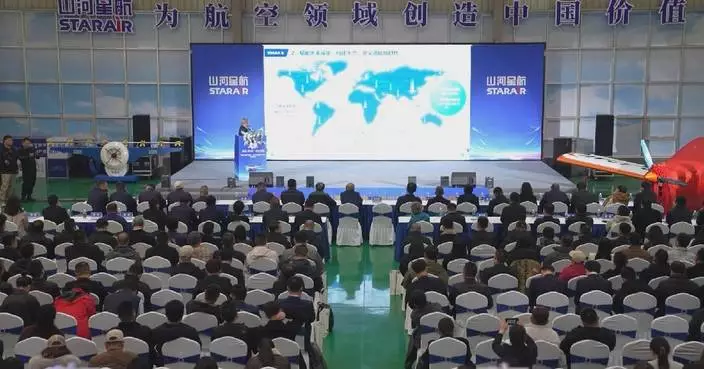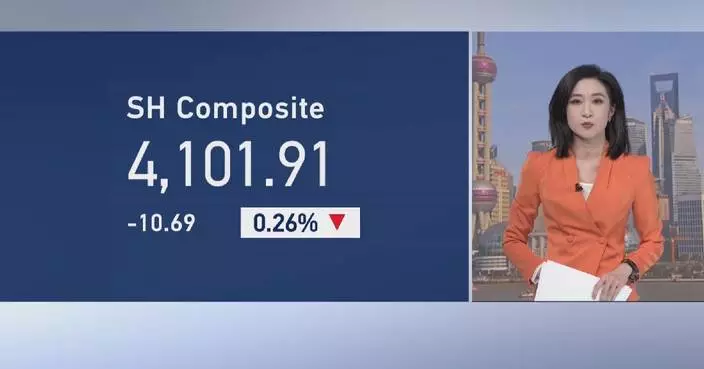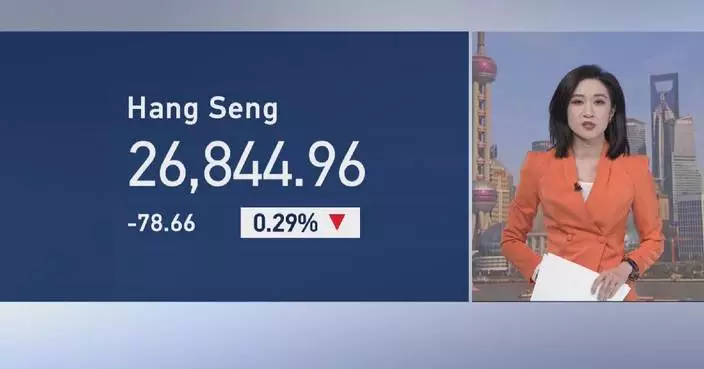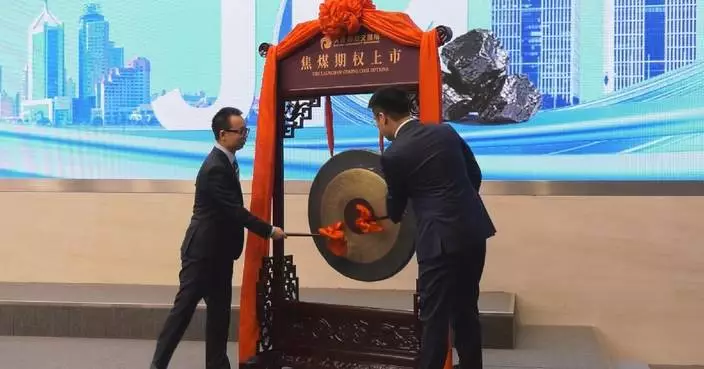The People's Bank of China (PBOC), the country's central bank, has renewed a bilateral currency swap agreement with the Central Bank of the Republic of Türkiye.
The total value of this agreement is 35 billion yuan (about 4.88 billion U.S. dollars), or 189 billion Turkish lira, the PBOC said in a statement on its website on Friday.
The agreement is valid for three years and can be renewed upon mutual consent, according to the statement.
Meanwhile, the two sides have also signed a memorandum of understanding to establish a yuan clearing arrangement in Türkiye.
These arrangements mark a new stage in China-Türkiye financial cooperation and are expected to facilitate the use of local currencies by enterprises and financial institutions of both countries for cross-border settlements, further promoting and facilitating bilateral trade and investment, the statement said.
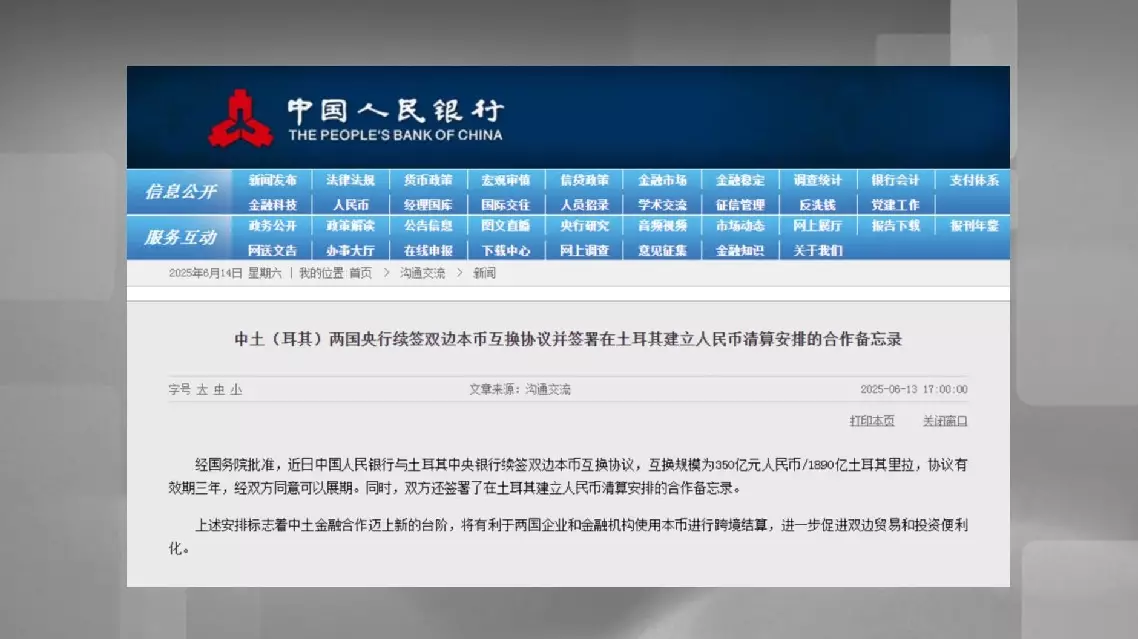
China renews bilateral currency swap agreement with Türkiye
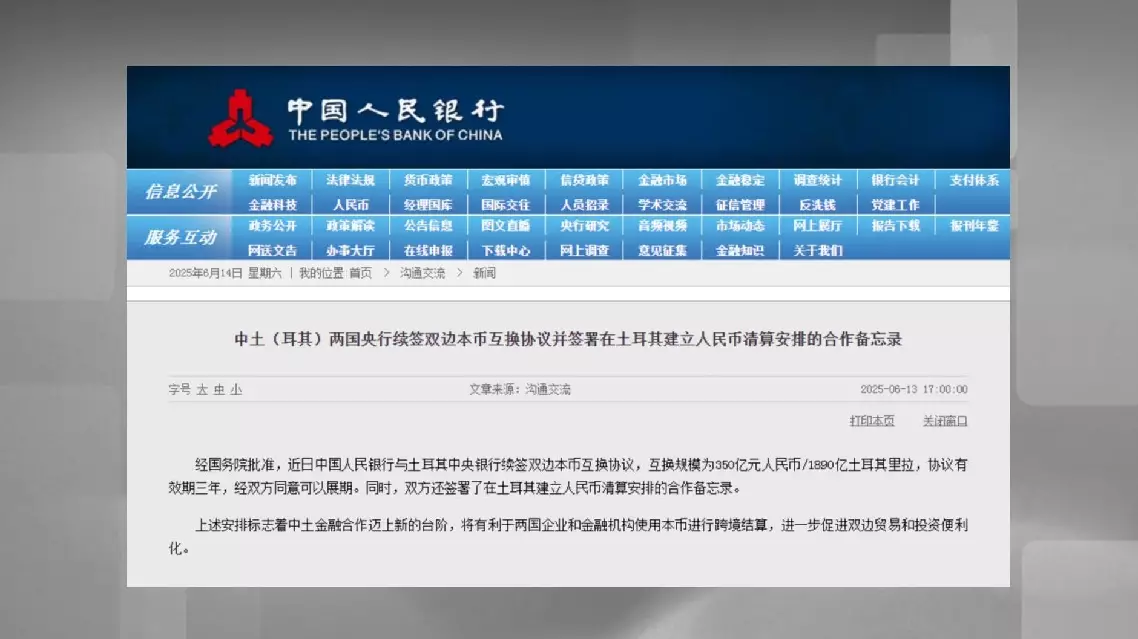
China renews bilateral currency swap agreement with Türkiye
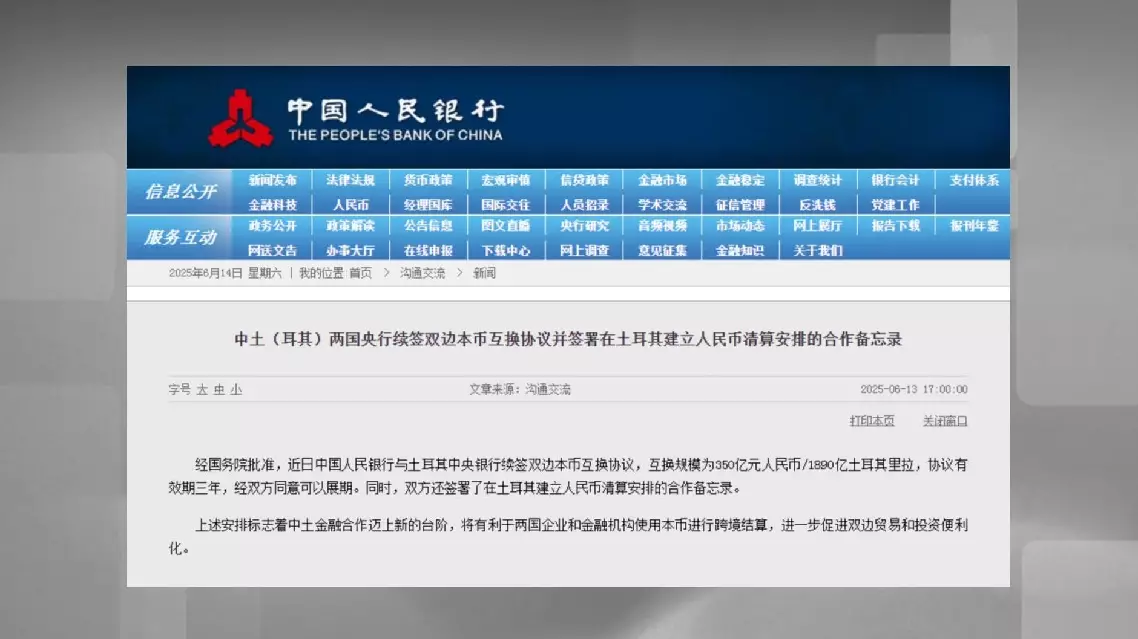
China renews bilateral currency swap agreement with Türkiye
Chinese Premier Li Qiang on Friday chaired a State Council executive meeting which mulled measures to boost consumption by accelerating the formation of new growth points in service consumption.
The meeting called for continued efforts to boost consumption by fully leveraging the integrated effects of different policies, linking improvement in people's wellbeing to consumption growth, and giving full play to the fundamental role of consumption in driving economic growth.
The meeting emphasized the importance of accelerating the cultivation of new growth points in service consumption, supporting new business forms, models, and scenarios, and increasing the supply of high-quality services.
Efforts should be made to improve the long-term mechanism for promoting consumption by formulating and implementing plans aimed at expanding consumption during the 15th Five-Year Plan period (2026-2030), increasing the income of urban and rural residents, speeding up the removal of unreasonable restrictive measures for consumption, and implementing the paid leave system. These measures are intended to boost people's consumption capacity and willingness to spend, promote the upgrading of consumption and industrial structures, and accelerate the building of a strong domestic market.
The meeting also made arrangements for actions to clear overdue payments to enterprises and ensure the issue of wage arrears for migrant workers is properly addressed. The meeting also deliberated and adopted a draft decision of the State Council on revising and abolishing some administrative regulations.

Chinese premier chairs meeting on promoting service consumption







